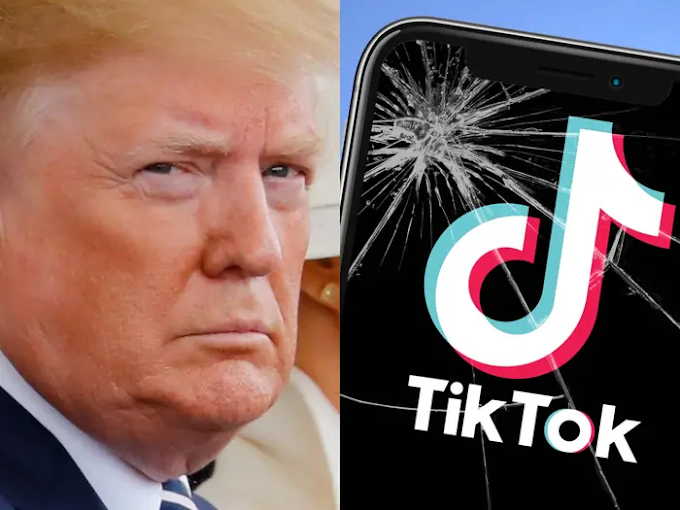Russia and North Korea Sign Historic Partnership Deal Echoing Cold War Alliances
Russia and North Korea have formalized a new partnership deal, marking a significant shift in the geopolitical landscape.

This agreement, announced with much fanfare by both nations, signals a deepening of ties between Moscow and Pyongyang at a time of increasing global tensions. The deal enclosed various domains, including military cooperation, economic aid, and political solidarity, and reflects a strategic alignment that could have far-reaching implications for international relations.
Historical and Background Information:
The relationship between Russia and North Korea has deep historical roots dating back to the early days of the Cold War. Following World War II, the Soviet Union played an important role in the establishment of North Korea, providing economic and military support to the fledgling communist state. In 1991, the relationship cooled significantly as Russia shifted its focus towards integrating with the Western-led global order. In recent years, however, a combination of geopolitical factors and mutual interests has driven the two countries closer together once again.
The Politic Behind the Partnership:
The motivations behind the Russia-North Korea partnership are multifaceted and strategically
Western Impact:
The relations between Russia and the West have deteriorated, particularly following Russia's annexation of Crimea in 2014 and its ongoing involvement in the conflict in Ukraine, Moscow has sought to strengthen ties with non-Western allies.
Economic Opportunities:
The partnership could facilitate Russian access to North Korea's mineral wealth and provide a market for Russian goods.

Military Benefits:
The military aspect of the partnership is particularly significant. By enhancing military cooperation, Russia gains a foothold in East Asia, countering the influence of the United States and its allies in the region.
Key Components of the Partnership Deal:
Military Cooperation:
The agreement includes joint military exercises, arms sales, and technology transfers. This aspect of the deal has raised concerns in the West, particularly regarding the potential proliferation of advanced military technologies.
Humanitarian Aid:
Recognizing the dire humanitarian situation in North Korea, the deal includes provisions for Russian humanitarian aid, including food and medical supplies. This aid is crucial for addressing the severe shortages faced by the North Korean population.
Political Support:
Both nations have agreed to support each other in international forums, including the United Nations. This political solidarity is aimed at countering Western influence and presenting a united front against international Ban and diplomatic pressures.

Impact on U.S. and Allied Strategies:
The Strength ties between Russia and North Korea pose a challenge to the strategic interests of the United States and its allies in East Asia. The enhanced military cooperation, in particular, could alter the balance of power in the region and complicate efforts to contain North Korea's nuclear ambitions
Thinking:
The signing of the partnership deal between Russia and North Korea marks a significant milestone in the evolving geopolitical landscape. Rooted in historical ties and driven by contemporary strategic calculations, this alliance has the potential to reshape regional dynamics and impact global power structures.








